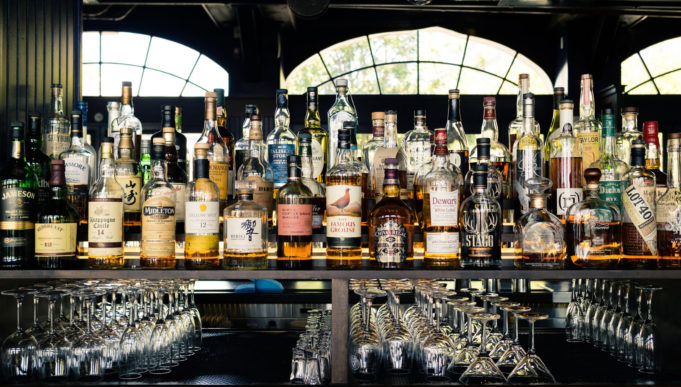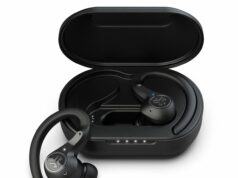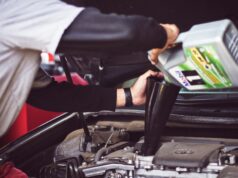A lot of people dream of owning their own pub one day.
From ultra-modern gastropubs to cosy inns with a fire burning in the corner, many see themselves as being the perfect landlords at the perfect pub, but getting to that point can often be time-consuming and confusing.
Before you get ahead of yourself, you need to know the basics. And, when it comes to a pub, this starts with alcohol licensing. Providers of business gas, Flogas, tell us more:
The main rules
It’s a general rule that any business who wants to sell or supply alcohol in England and Wales must have a license. This license must be authorised by the licensing authority – usually a local council. This legislation is overseen by the Home Office, and is defined is as follows:
- Businesses that sell or supply alcohol on a permanent basis, such as pubs, need to apply for a premises licence.
- Those who plan to authorise the sale of alcohol must apply for a personal licence, alongside the premises licence, if they are also the owner of the business in that premises.
As well as a fee, it’s possible that you’ll be asked to complete an application form and send it to the local council. As well as the local authority, you will also have to send your application to the police and other responsible authorities; these responsible authorities can include:
- Local fire and rescue
- The primary care trust (PCT) or local health board (LHB)
- Environmental health authority
- Planning authority
- Local trading standards
- Any other licensing authority in whose area part of the premises is located.
What about premises licencing?
When you obtain this type of licence, it authorises the use of any premises (defined in the act as a vehicle, vessel, or moveable structure) for activities involving the sale of alcohol. To successfully apply for this licence, you will be asked a series of questions including the following:
- General information regarding the premises such as the address.
- Your details as an applicant.
- The operating schedule, including the date you want the licence to start from on the premises.
- You should indicate what licensable activities you wish to carry out by ticking the appropriate boxes on the form. You should also indicate what days and times you want the licence to be active from. This also includes the provision of regulated entertainment, such as indoor sporting events, live music and recorded music.
- Under the new licensing laws, you should also stipulate who you wish to be the designated premises supervisor (DPS).
- The opening hours of your premises.
- How you intend to promote the four key licensing objectives, which are: the prevention of crime and disorder, public safety, the prevention of public nuisance, the protection of children from harm.
- The planning of the premises and any advertising on or around the premises that you wish to use.
What about personal licences?
The staff that work in a pub don’t require a personal licence. However, all pubs do have to have a premises supervisor that holds a personal licence.
Did you know that if you are going to be the owner of the premises licence, then you would also apply to be the personal licence holder if the pub was your own business? Furthermore, anyone who works in a pub should be authorised to do so by the personal licence holder.
You must bear in mind that before applying for this licence that it is to ensure that anyone running or managing a pub should do so in a professional fashion.
And that’s all you need to know! You’ve got everything you need to get started with your application in the hope that one day you’ll be pouring the pints in your own pub — cheers!














